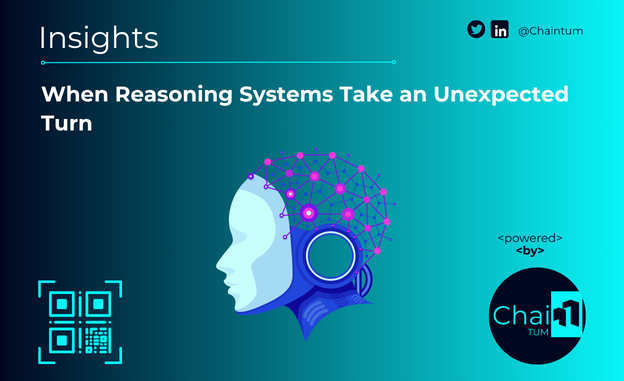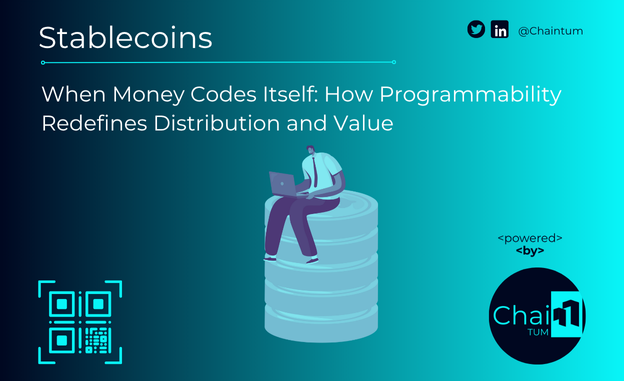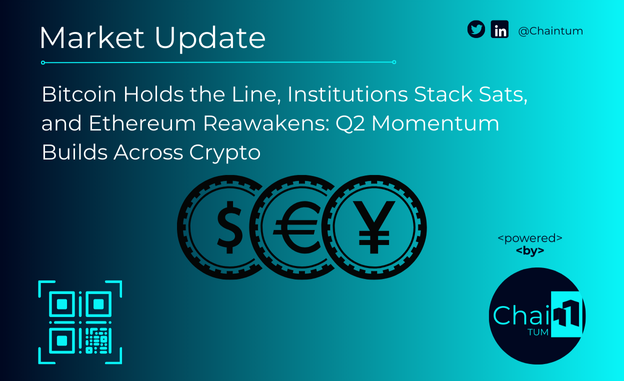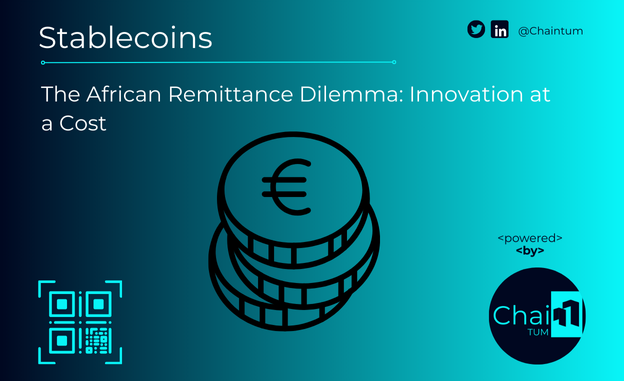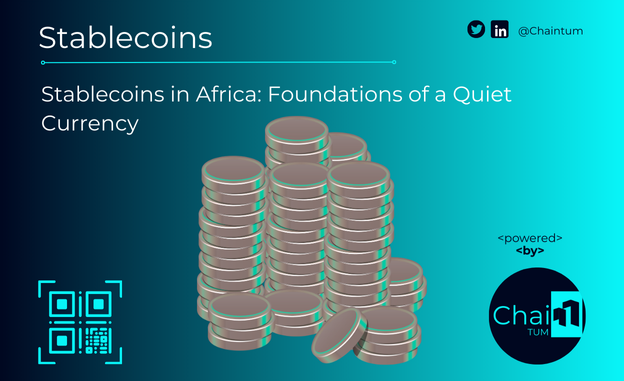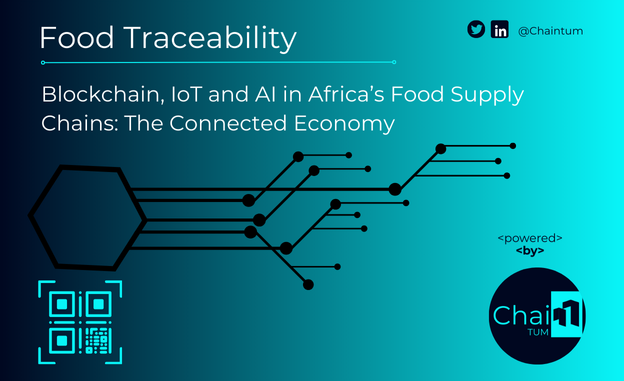Navigating Compliance: It’s Time for a Paradigm Shift of the Digital Asset Tax (DAT) in Kenya
Oct 25, 2024
Navigating Compliance: It’s Time for a Paradigm Shift of the Digital Asset Tax (DAT) in Kenya
Oct 25, 2024
After a less-than-ideal experience with crypto regulation in Kenya, we look at how the first of the VASP Chamber of Commerce’s series of roundtable discussions provides the premise for improving the current landscape by giving stakeholders a platform (to present their case) and the legislators (to better understand their positions).
Virtual Asset Service Providers (VASPs) have been in the dark for much of the past year, and it was a bit of an uncertain nightmare. The VASP Bill drafted and presented earlier this year by the Blockchain Association of Kenya (BAK) provided good groundwork but is still well off the mark in terms of adoption as a law. It seemed like the usual jumble of things between regulators and innovators often seen in the crypto environments that breaks up into debates over control versus open innovation.
All the delays were making Kenya a less attractive destination for crypto investors, who had started looking somewhere else (FSCA has already granted 75 operating licenses for crypto asset companies in South Africa). The policy hurdles also detracted from the Kenya Revenue Authority’s (KRA’s) ambitiousness to tax what it did not understand.
On October 23, 2024, the Virtual Asset Chamber of Commerce partnered with Chasing Mavericks and the Kenya Blockchain & Crypto Conference to host the Digital Asset Tax Roundtable to clear the air.
Like one participant pointed out, “Businesses are best understood by the people who do the business,” exploring the future of crypto policy in the country and envisioning how it might take shape would be fascinating.
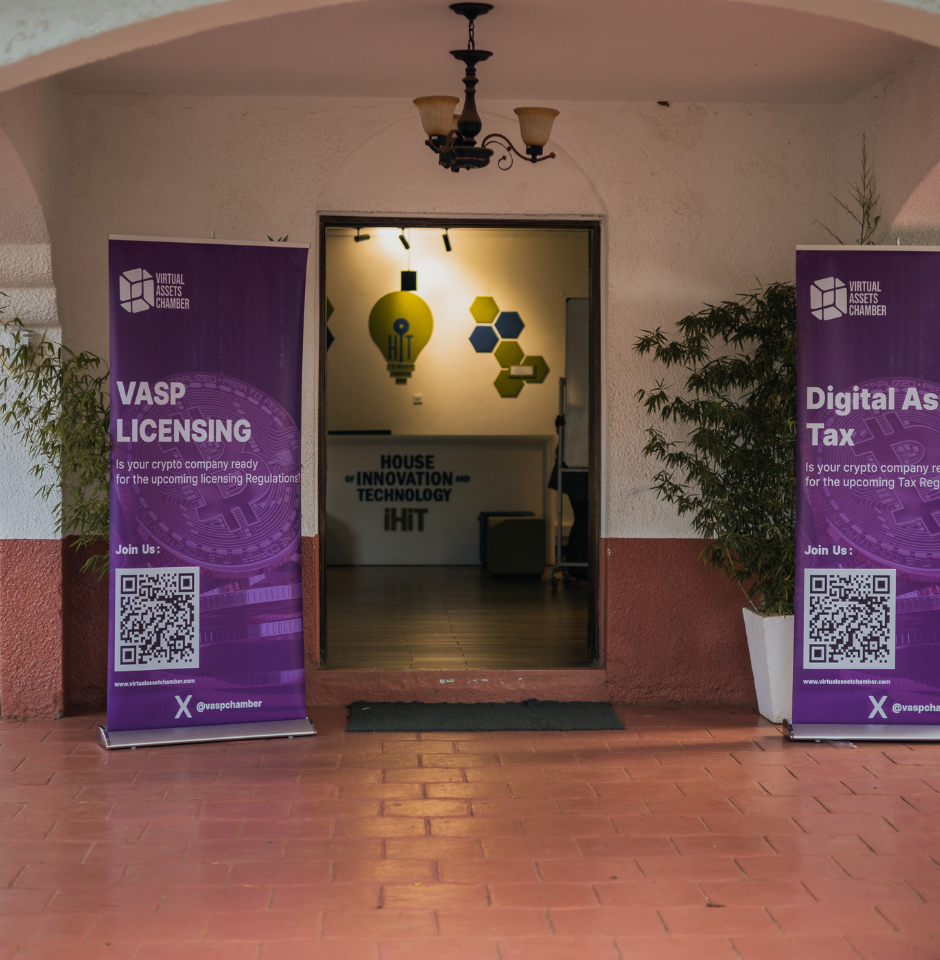

Photos by Chasing Mavericks
The Problems
The problems raised had to do with keeping too much focus on taxation and not enough focus on understanding the core technology behind blockchain and cryptocurrencies to better tax them. This isn’t just an unjustified argument; the DAT imposes a 3% flat tax that applies to traders regardless of whether they have made a profit or not.
Not everybody who uses exchanges goes there to make profits, but the legislator assumed they knew much about these transactions…and inevitably exacerbated the problem. The poor traders, even when they swap assets (exchange one digital asset for another), are required to pay a tax. In practice, this tax is deducted in the native tokens (such as BTC, ETH, etc.), while the Central Bank of Kenya (CBK) mandates that taxes be remitted in Kenyan shillings. If not, users should incur the cost of conversion given the volatile nature of these tokens. Whatever the DAT aims for, this is likely not logical.
The CBK also prohibits banks from providing support to cryptocurrency asset companies, meaning these firms are not allowed to maintain bank accounts with any Kenyan bank. This appeared to be a perimeter defense mechanism to protect the country’s monetary sovereignty, but it is generally ineffective, in light of the significant adoption of cryptocurrencies among the citizens. The remedy certainly adversely impacted how users and businesses interact with these digital assets.
The KRA representative, Mr. Nixon Omondi, Manager, Digital Economy Tax Office, recognized the challenges that businesses encounter in adhering to the law, especially when it comes to monitoring daily transactions within the five-day tax payment timeframe. He emphasized the KRA’s initiatives to implement automation and integration solutions to simplify the compliance process
“It would be easier to pay tax as soon as possible to enhance compliance and to assist people to uphold compliance,” he said. He stressed that technology would ultimately help bridge the gap in tax evasion within the digital asset sector —similar to what has been achieved with excise duty in the betting industry.
However, the challenge lies in API integrations with blockchain systems that weren’t designed to fit into traditional, centralized financial structures. The representative argued that similar problems arose during the implementation of eTiMs—and just like in the crypto space, the government had been struggling with taxing the informal economy, where people were also moving volumes unnoticed. Successfully, businesses developed systems that acted as benchmark solutions for the others to adopt. Now, the responsibility now lies with the digital asset providers, but what will become of startups that lack the resources to create their own tax compliance systems?
Finally, the representative had to agree that there were imminent challenges with the existing DAT provisions—but also criticized exchanges for not approaching the KRA commissioner to voice their concerns. He did not seem to get lost in the complexity of the matter or in the speed at which some stakeholders were raising questions, and he emphasized that the “commissioner’s interpretation remains open to challenge until a final ruling is made.”
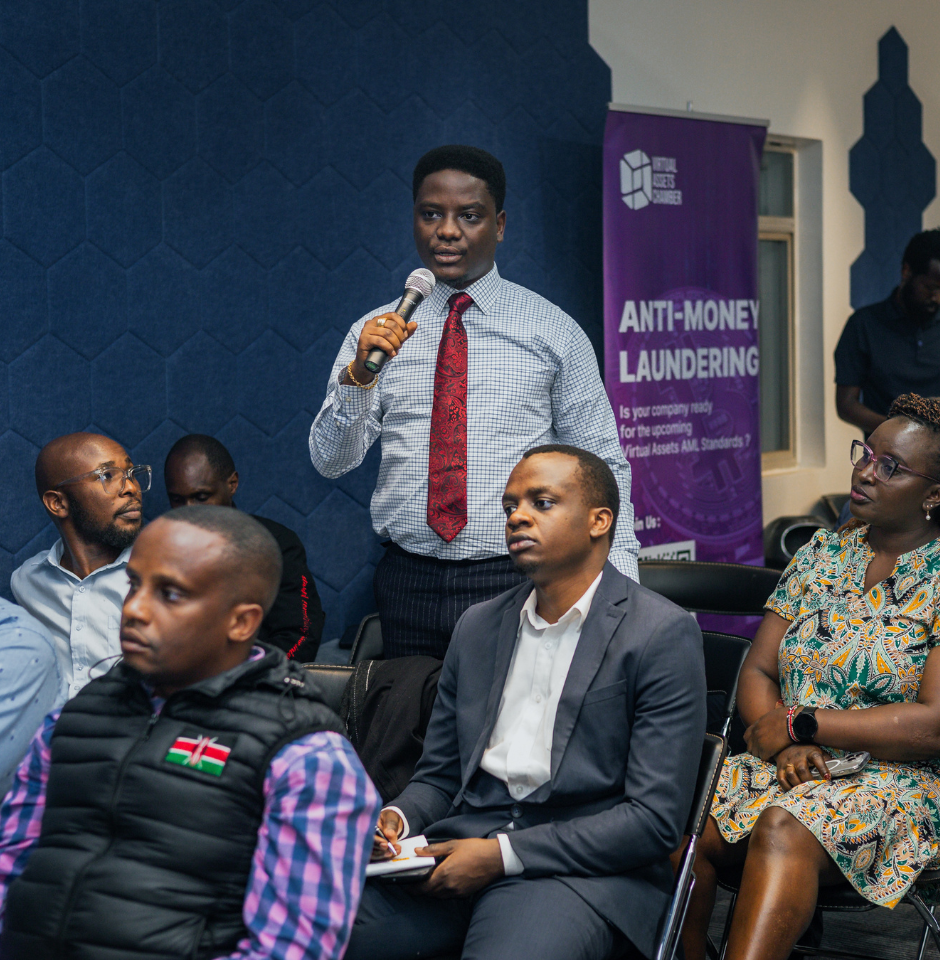

Photos by Chasing Mavericks
The Solutions
We began with the need for collaboration, which should start with the KRA, CBK, and the Capital Markets Authority (CMA) collaborating in creating policies that foster innovation. This will provide a regulatory headroom that will enable continued dialogue between the crypto community and the policymakers.
Sheila Waswa, CEO of Chasing Mavericks and co-conveners of the Digital Assets Stakeholders, stated, “By working together, we can ensure that this technology thrives in a well-regulated environment, promoting both innovation and compliance.”
This is where open dialogue comes in, because no one wants to be passive—even the regulators appear to really relish this opportunity—and the discussions could autoconfigure what was needed simply by asking the commissioner to consider what the community wants.
Apollo Sande, Country Launch Specialist, Luno, suggested that the proposals touching on Sections 65 and 66 of the Tax Procedures Act should be presented to the Tax Commissioner. “To thrive, Africa’s crypto industry must proactively collaborate with regulators. Engaging revenue authorities and policymakers is key to fostering a sustainable environment where cryptocurrency can achieve its potential for financial inclusion and economic empowerment.”
For the CMA, the Virtual Assets Chamber will organize another roundtable discussion with it to discuss the next steps for developing a sandboxing and licensing framework. Besides, the Chamber will collaborate with the Joint Financial Sectors Regulatory Forum on several other matters beyond taxation, including licensing and sandboxing.
This will enable the regulators to develop better categorization of digital assets and interpretation of respective transactions. The KRA representative suggested this approach will enable exchanges to present statistics that will help clarify the adopted tax rates—to avoid the problem of “sensational statistics.”
The regulation process, at least with regard to blockchain, is way too complex and might be distracting to regulators. That’s why the KRA representative suggested taking the OECD Crypto-Asset Reporting Framework (CARF) approach that standardizes tax reporting for crypto-asset transactions globally, enabling tax authorities to access data on individuals’ crypto transactions regardless of their jurisdiction.
We actually do have a technology to vastly improve Africa’s socio-economic status. We hope that the regulators will learn to tax it properly someday.
Emerging Markets Lead Global AI and Data Center Surge: A Paradigm Shift in Tech Geopolitics
When Reasoning Systems Take an Unexpected Turn
AI Agents and the Intelligent Software Economy: Welcome to the Age of Identic Systems
Fuel Network: Engineered Playground for the Next Generation of Apps
When Money Codes Itself: How Programmability Redefines Distribution and Value
Bitcoin Holds the Line, Institutions Stack Sats, and Ethereum Reawakens: Q2 Momentum Builds Across Crypto
Bitcoin Hits $93K as Whale Demand Surges, ETH Rebounds & Retail Sits Out
The African Remittance Dilemma: Innovation at a Cost
Stablecoins in Africa: Foundations of a Quiet Currency
Blockchain, IoT and AI in Africa’s Food SupplyChains: The Connected Economy
Subsribe To Our Newsletter
Stay in touch with us to get latest news and special offers.


